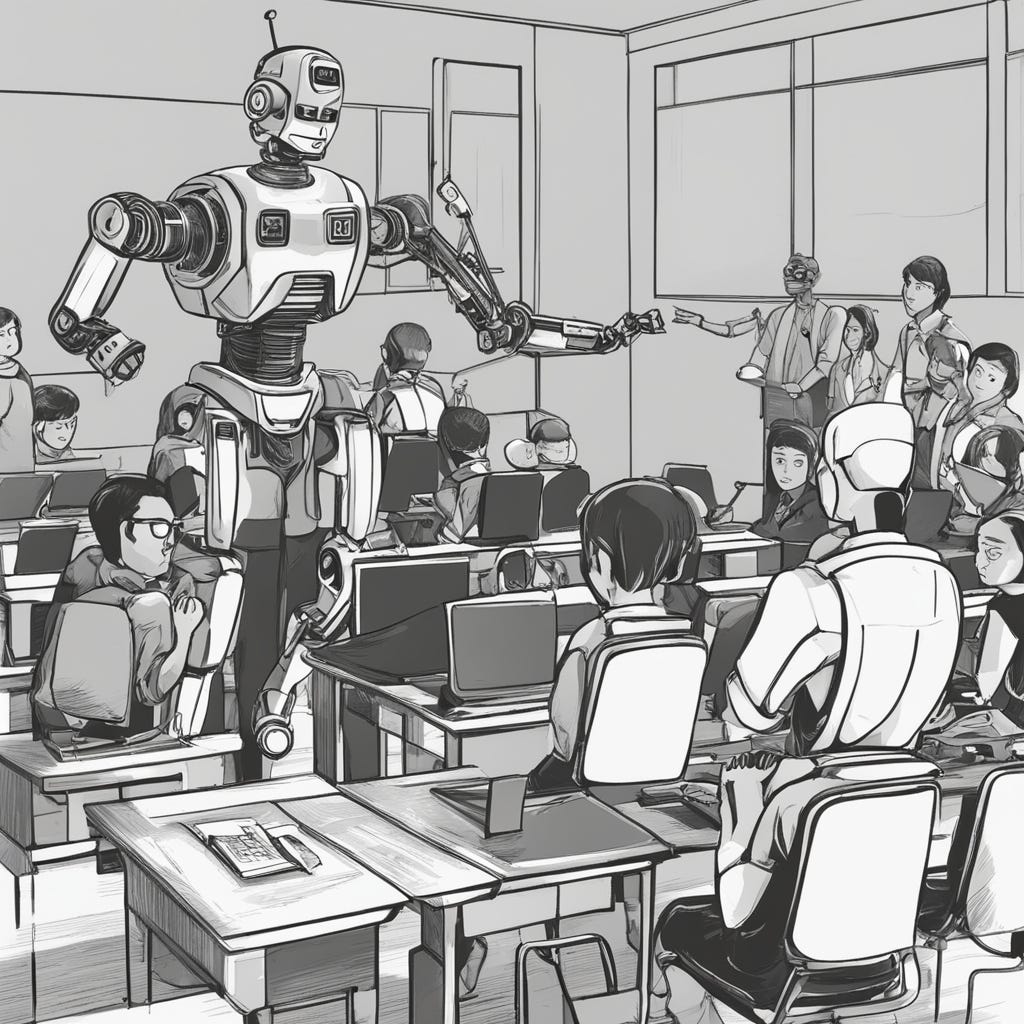Scolding Machine?
How to build one?
I am a strong believer in EduTech and I believe that AI will play a strong role in helping one to learn, especially as the development of AI moves us to a Lifelong Learning paradigm. To quote the most quoted quotation, “AI will only replace those that refuse to learn how to use AI for work.”
I see AI playing multiple roles in the education sector, definitely as a teacher but also mentor, coach, counselor, instructor and many more. One of the important tools teachers have to impress students on the mistakes they have made is scolding. Scolding is most useful (well I will argue for spanking rather but that has been outlawed in schools though LOL), to get a student to know where they have made mistakes and hopefully be able to correct it. So here begs the question:
“Can we create a machine that can scold effectively?”
To answer this, we need to get into the metaphysics of scolding. What makes a conversation a scolding?
Scolding is seldom effective if it is through text. Even though all caps represented shouting rather than scolding it seems…so rarely it is effective. You probably by now will say, we are missing a key ingredient and that is the tonality and I will in addition to it, the speed of which the words are uttered is also important in creating a scolding.
Scolding is usually done in a very stern tone. Checking the dictionary, “expressive of severe displeasure”, was the meaning, which I cannot agree with in the context we are discussing. To me “stern” also has an authoritative/respect connotation to it. This means that the scolding machine/robot need to have gained some respect from the students. Not going down too deep into this rabbit hole, I just want to stop at the question, “Can a machine gain respect from students?”
From another perspective, I feel technically we can put together the words, the tone easily, speed-wise I am a bit skeptical cos it is not a mere 1.5x-2x the speed to get to a “scolding level”. Perhaps subscriber reading this can share more. :)
So can we build a scolding machine? I am still on the fence on this, given what we discussed so far especially the part about whether machines can gain respect from humans, young humans in this particular context…which might open another front of interesting discussion if we are to discuss the “Future with AI”.
What are your thoughts on this? :)
I hope you enjoy this issue of the newsletter! Do support by Liking, Sharing and perhaps buy me a “book” or two, to let me know I’ve made a positive. :)



You raise a good point about the relationship between AI (whether manifested as a robot or a software) and student. The boundaries of the relationship will define whether AI is an assistance, a guide/coach, or an instructor/teacher. It's about respect and fear. It's about who's in control.